#operations
Chapters and interviews tagged with ‘#operations’
Related Book Chapters & Interviews
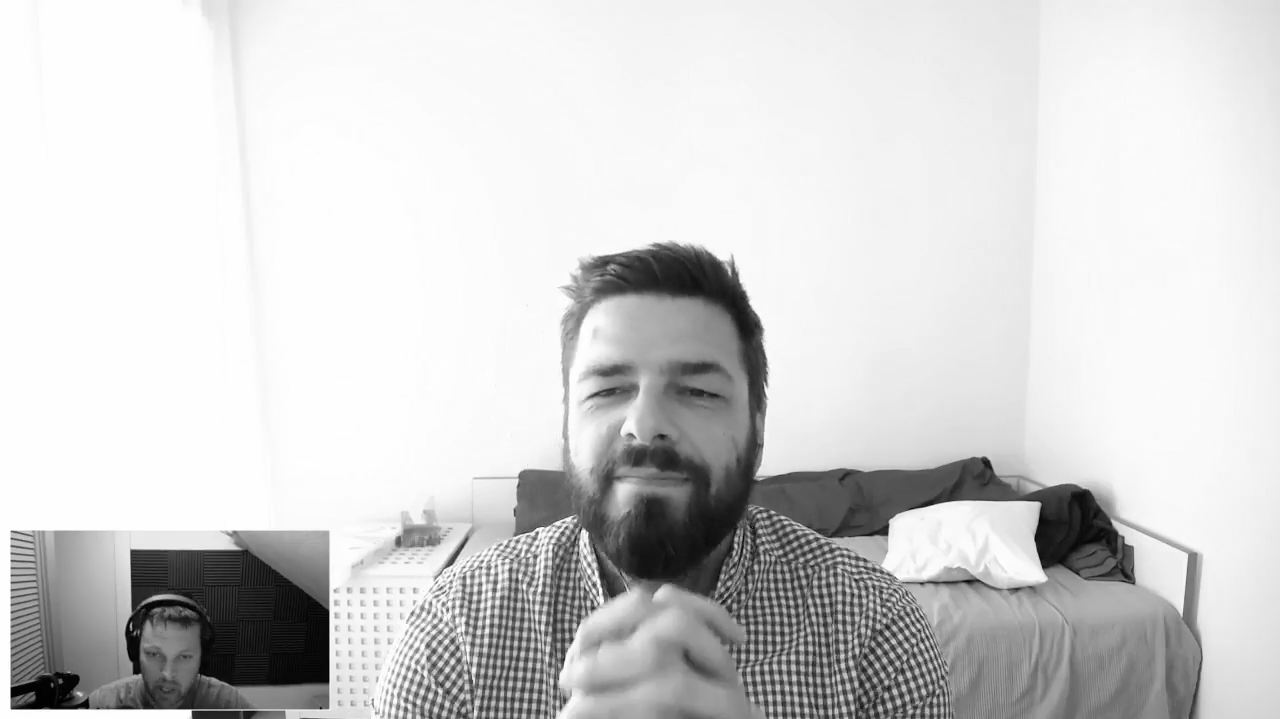 Interview № 23 of 24
Mathias Meyer
Interview № 23 of 24
Mathias Meyer
Mathias is one of the original founders of Travis CI. In this episode, we talk about the difficulty of leaving the company he helped start, and the challenges of moving on.
 Interview № 22 of 24
Jaimee Newberry
Interview № 22 of 24
Jaimee Newberry
Jaimee Newberry is the founder of Picture This Clothing where you can print a coloring sheet and design a one-of-a-kind ready-to-wear creation that they send to you. In this epsode we talk about making hard decisions and creating space in your life for ideas to take hold and give you time to work on them.
Backups aren’t a big deal until you need them. Unfortunately, by the time you need them, you may not have them. Whatever you do, don’t skip out on backups. Set them up and ensure they’re tested regularly so your business doesn’t become another example of what not to do.
As a founder juggling multiple tasks, it’s easy to forget about the business in the face of all of the other product decisions, but you have to factor business and operations into your decisions now.
Every business is unique, and every buyer is just as unique. However, there are some fundamental things that matter to buyers. Understanding them long before you sell can help you build a better business.
On the one hand, you need to explore multiple ideas to gain the knowledge of what will and won’t work; but at some point, you’ll need to focus exclusively on the one idea you really believe in.
As you get started, you’re going to run into problems and challenges you either didn’t anticipate or severely underestimated. With SaaS, there’s a handful of seemingly simple things that might catch you off guard.
No app is an island. Integrations will become a central piece of your development strategy, but it’s difficult to build them all. At first, it’s best to focus on only a few key integrations, and spend the majority of your integration time building an API and webhooks.
As a small business, agility is a key strength. Your ability to quickly gather and act on customer feedback is a central advantage. Investing in tools and processes to help you iterate quickly and safely is always a good investment.
You’re inevitably going to face new tasks that require new skills. Being in a constant state of learning can be overwhelming and distracting. Do your best to stay focused and take it one skill at a time.
You’re going to be overwhelmed with new work to do, but ignoring maintenance will take you to a bad place. Security updates, bug fixes, and recurring support requests will drown you in wasted time if you let them slide for too long.
You can’t keep an eye on all of the moving parts of your application. At some point, something’s going to fail, and when it does it needs to fail loudly and provide information to fix it. This is where monitoring comes into play to ensure minimal impact when things do go wrong.
Outsourcing can be expensive, but once you have the resources it’s more cost-effective to hire specialists than try to learn everything yourself. If it’s not a core competency, get help with it.
Selling a business isn’t easy, and you’ll learn a lot your first time around. Knowing a little bit in advance can really help you prepare and build your business in a way that makes life easier whether you sell or not.
More and more businesses operate with some degree of transparency. But how do you know if it makes sense to run your business transparently? Make sure you weigh the pros and cons before deciding one way or the other.
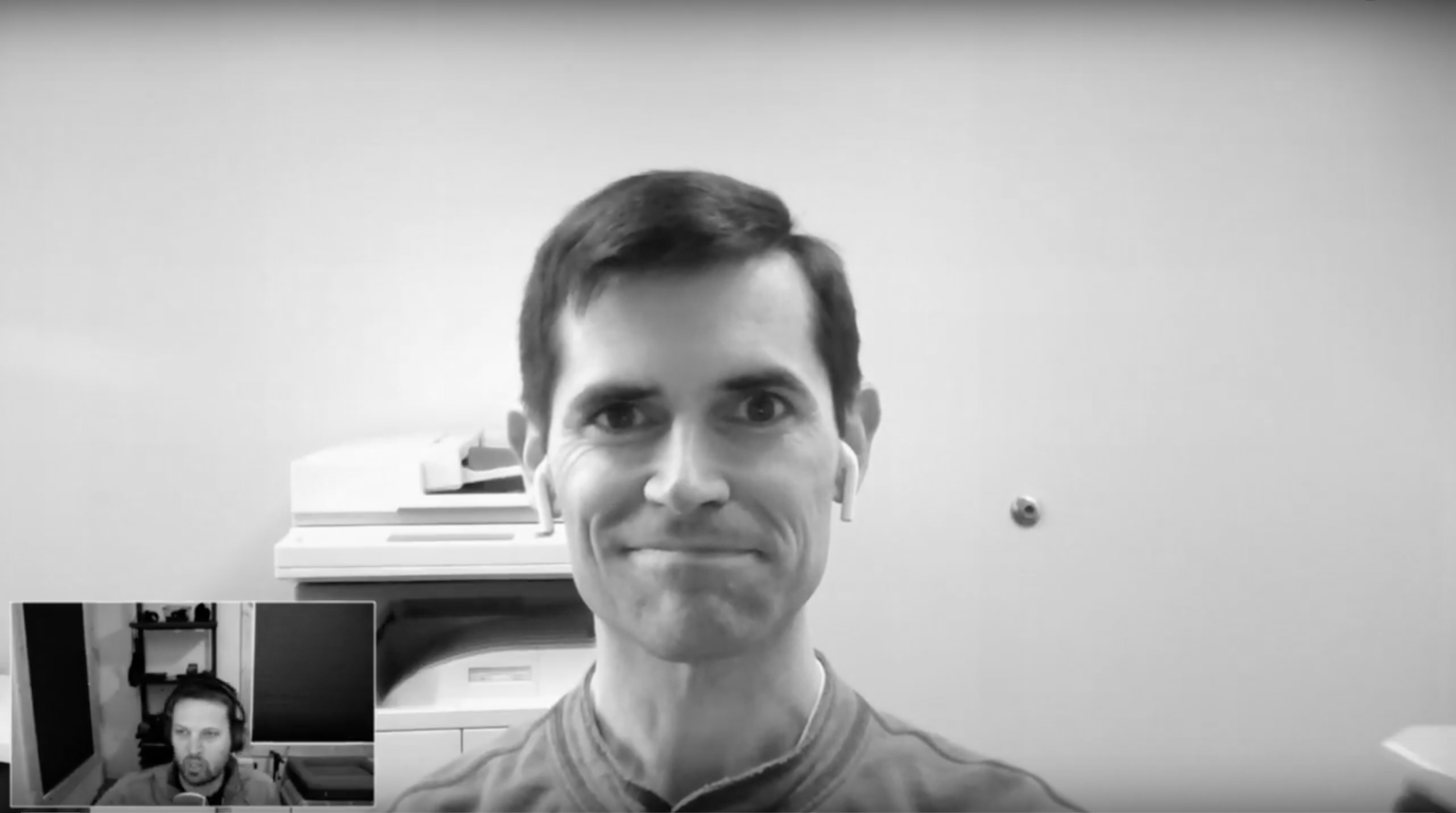 Interview № 20 of 24
Ben Curtis
Interview № 20 of 24
Ben Curtis
Ben and his co-founders started Honeybadger after a bad experience with an existing exception tracking tool. With a focus on customer service, they’ve successfully bootstrapped it into a healthy and sustainable full-time endeavor.
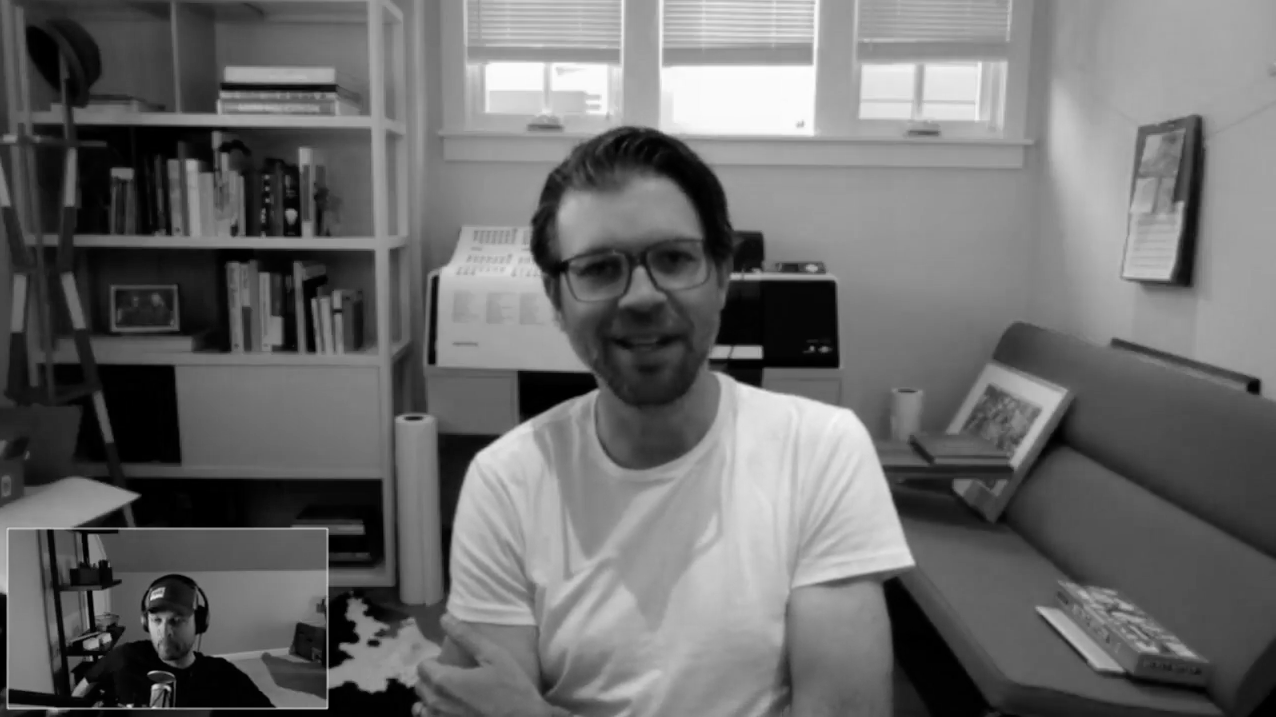 Interview № 15 of 24
Josh Williams
Interview № 15 of 24
Josh Williams
Josh and I discuss what it’s like going from a bootstrapped small team to a team of 30 in a funded startup. We touch on what it’s like going from being a lifelong business owner to being an employee of a large corporation experiencing huge growth. And we talk about some of the differences between building a small profitable business and hitching your wagon to venture capital. Simply put, Josh brings some great perspective and deep insight to building and running software businesses.
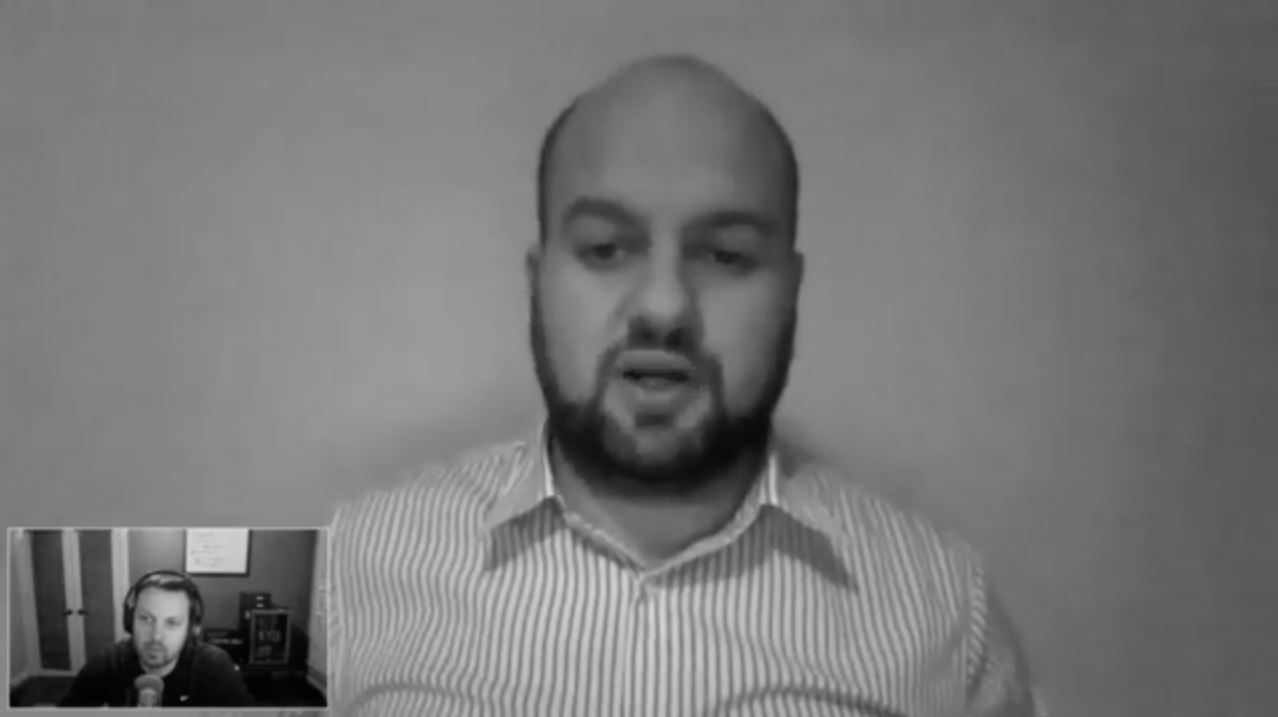 Interview № 14 of 24
Thomas Smale
Interview № 14 of 24
Thomas Smale
Recently I sat down this Thomas Smale of FE International. Thomas and FE International helped me sell Sifter and made the whole process seem easy. After selling so many online businesses, FE International has the process down to a science, and they’ve been able to pick up on quite a few trends. So Thomas takes some time to share what they’ve seen and what matters when it comes to buying or selling an online business.
 Interview № 13 of 24
Nathan Barry
Interview № 13 of 24
Nathan Barry
Nathan and I talk about the early days of ConvertKit, reaching a point where he had to make a decision to invest more significantly in it or walk away. He invested a significant portion of his income from other projects and really doubled down to make it work long before it was obvious things were going to take off. He talks about his sales process and how it simultaneously helped him better understand the needs of potential customers as well as build a relationship and find his first customers.
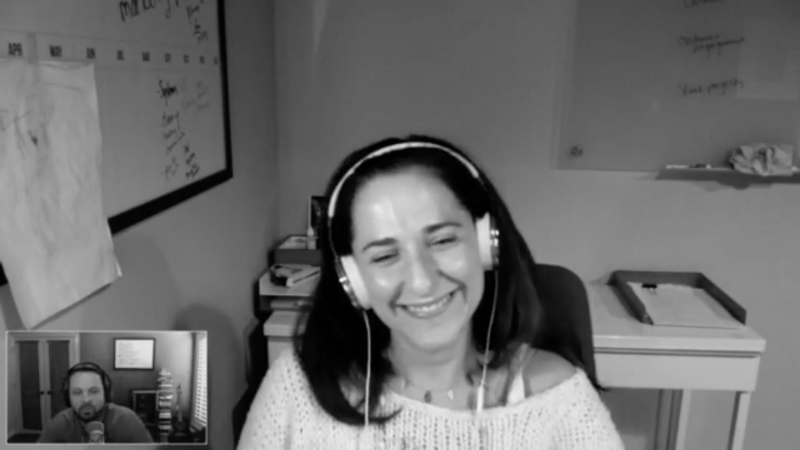 Interview № 7 of 24
Natalie Nagele
Interview № 7 of 24
Natalie Nagele
Natalie and I talk about bootstrapping, learning that marketing is a necessary part of growing a software company, and the transitions that led Wildbit to be a family-focused company. We touched on the benefits and challenges of running a multi-product company, the inspiration for the various products, and the difficulties of hanging in there as a business gets older and the responsibilities grow and change.
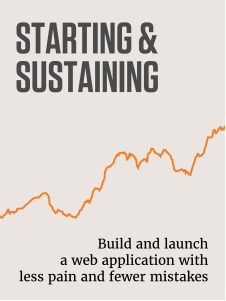 Be Fully-prepared to Launch Your Own SaaS Application
Be Fully-prepared to Launch Your Own SaaS Application
Get a free playbook, worksheet, and short email course to help you navigate the journey so you can be ready to build your own SaaS application.